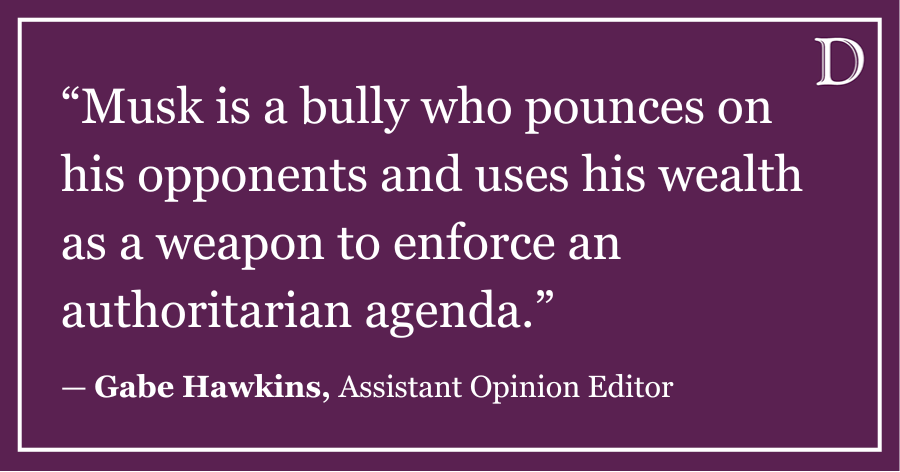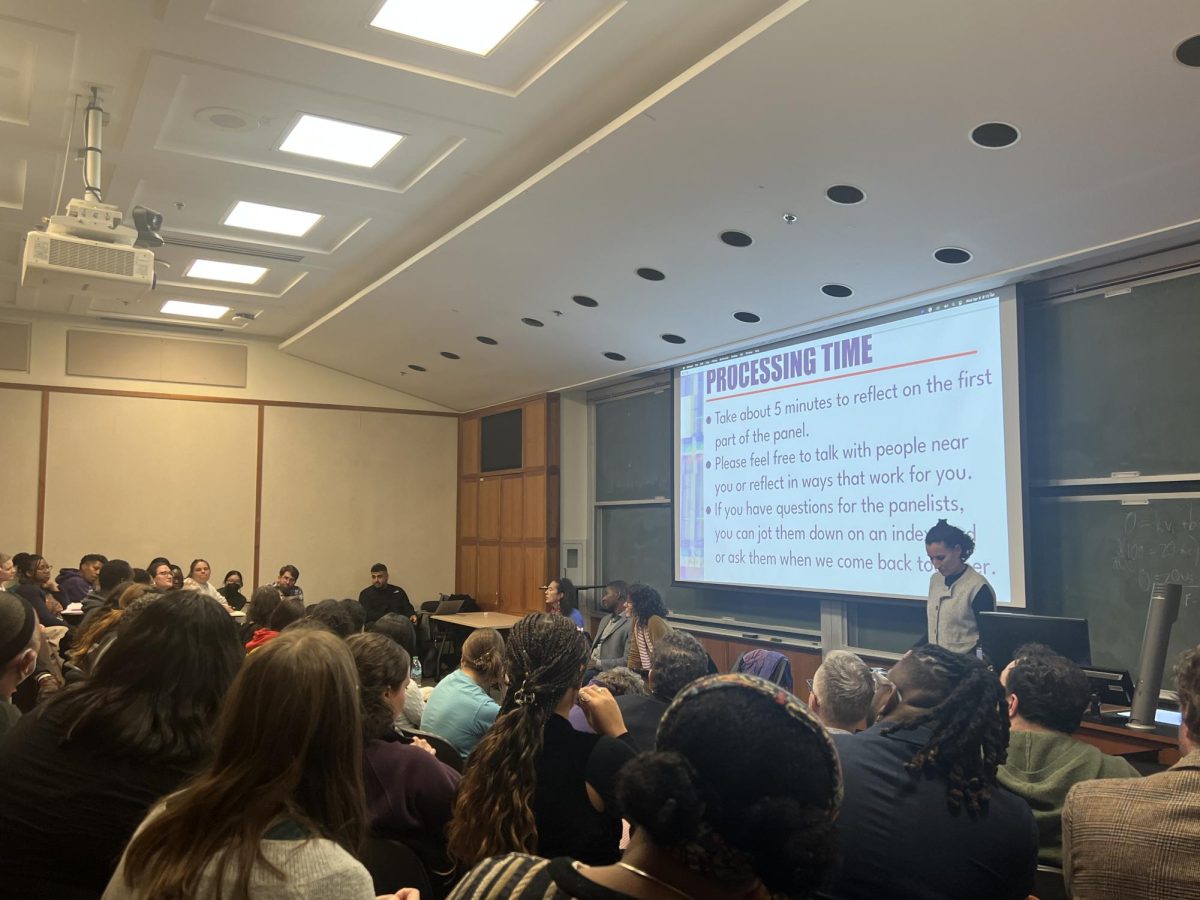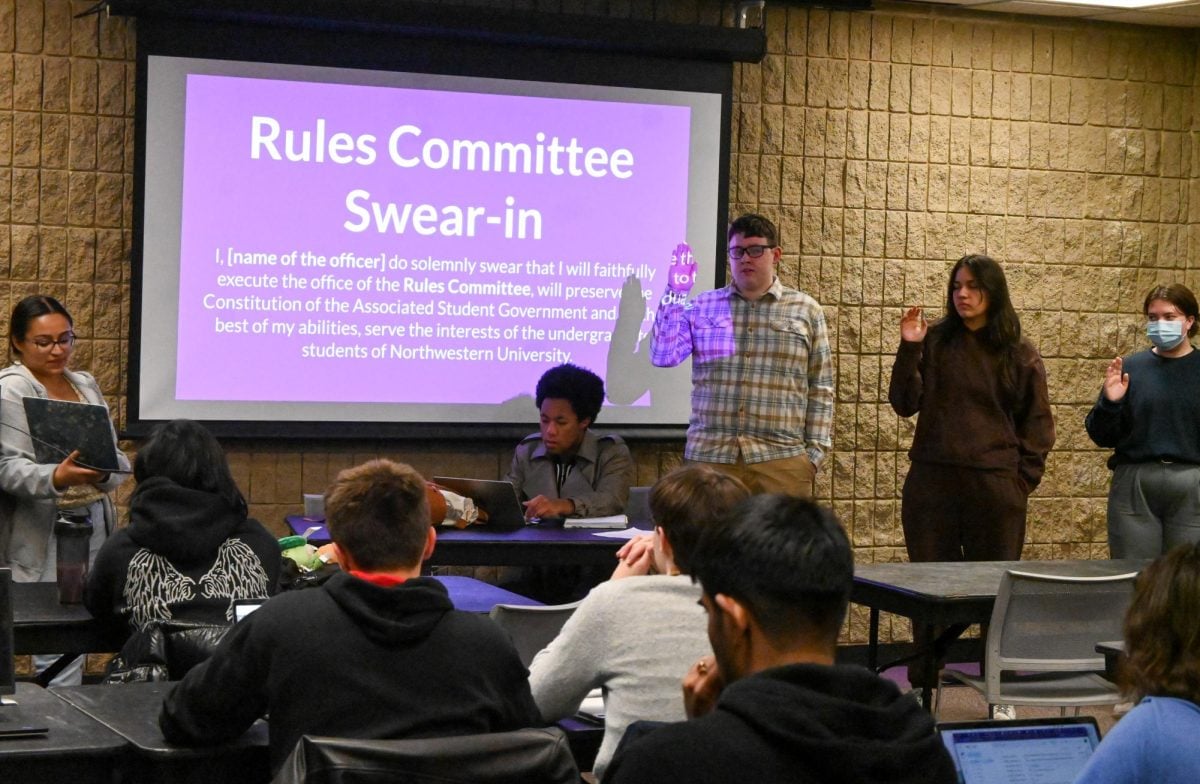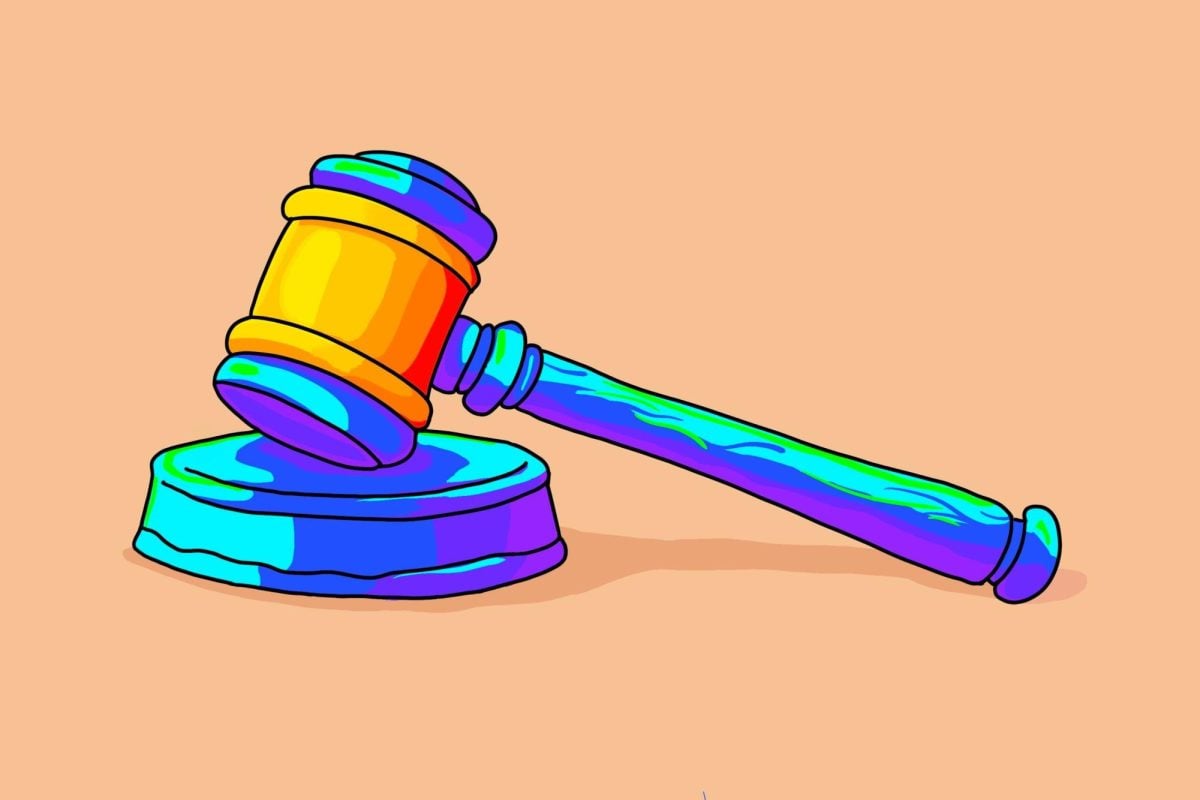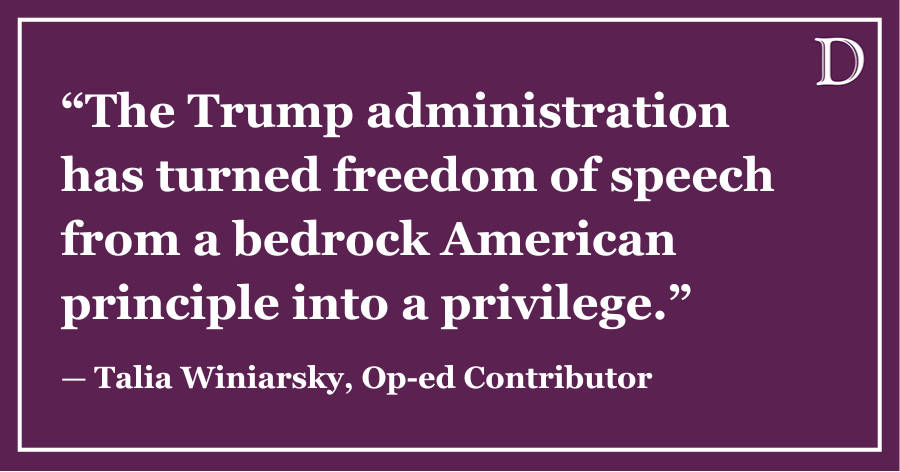This essay is part of The Spectrum, a forum in our Opinion section for marginalized voices to share their perspectives. To submit a piece for The Spectrum or discuss story ideas, please email spectrum@dailynorthwestern.com.
Ever since President-elect Donald Trump entered the political sphere, he has expressed interest in ending birthright citizenship. Now, as he steps into office in less than two weeks, dual citizens are left with uncertainty and fear.
Birthright citizenship is protected under the 14th Amendment. It is a right that doesn’t only apply to those born in the United States, but also those who are naturalized and subject to jurisdiction. Immigrant, undocumented and international community members are safe under Section 1.
In an interview with NBC’s “Meet the Press,” the first president convicted of felony crimes said that once in office, he plans to “absolutely” get rid of this right. Birth tourism — the act of traveling to a country in order to give birth in said country — is one of Trump’s main reasons for this decision, along with the “misinterpretation” of the widely discussed amendment.
As a result, many, especially in states like Washington, Colorado, Pennsylvania, New York and Massachusetts, have shown increased interest in dual citizenship, with a nearly 400% increase in inquiries since the election results were released back in November.
In the U.S., citizens and non-citizens are able to hold dual citizenship. If a foreigner is seeking U.S. citizenship, they have to immigrate to the country and become a permanent resident before becoming eligible. On the other hand, citizens have to find out if the country of their choice recognizes dual citizenship with the U.S.
Yet, as Trump plans to end birthright citizenship, the process to become a U.S. citizen will become more difficult and will cause lots of hiccups for those who are born after Trump steps into office. This plan will not just affect those who reside in the U.S.; it will have a global impact.
Growing up, my family and I would take our annual December trip to Valparaíso, Zacatecas, México, where my parents were raised and met as teenagers before moving to Colorado together. Eating beans and prickly pear for breakfast, accompanying my father to make bales of alfalfa with his tractor and riding horses with my twin brother, Juan, in the afternoon are memories that I look back fondly on.
Living in Zacatecas for a part of my childhood not only allowed me to fully immerse myself in my family’s stomping grounds, but it allowed me to appreciate the opportunities and security that the U.S. provided to those who reside within the land. Unfortunately, that mindset would be abruptly changed.
When Trump won the presidency in 2016, my family was constantly worried about how his policies would have detrimental impacts on our livelihood. The idea of moving back to Zacatecas seemed daunting at first, but with the constant attacks and demonization made on Mexicans by GOP politicians, I was ready to take the next step: becoming a Mexican citizen.
On Feb. 19, 2020, I, along with my siblings, filed for Mexican dual citizenship. About a month later, we became dual citizens and now have the opportunity to vote in elections, own property and access public healthcare, which has become increasingly valuable as I grow up.
When the possibility of Trump winning the 2024 election was in the air, many family members, childhood friends and social media users deemed dual citizenship as the only way out. Even when I was in Zacatecas, my cousins — U.S. citizens who never lived in México — applied for citizenship and were ready to use it to prepare for the worst.
Now, as I return back to campus, I have noticed the spike in conversations about moving to another country, studying abroad and even coming to the U.S. to attend college. These discussions are ones that don’t have a clear, definitive answer.
Institutions like Harvard University, Cornell University and the University of Southern California have urged their students to return to campus before Trump’s inauguration, which will potentially have travel bans and xenophobic policies set in stone on the first day.
So, if you have the desire to connect with your roots or need a backup plan just in case something goes incredibly wrong, dual citizenship is a great solution. Not only do you get additional benefits, but you have the privilege to choose what best fits your needs in the short and long term, rather than be subjected to a single decision.
As a dual citizen and first-generation student, this second term is one that not just impacts me, but countless other students and individuals who aren’t deemed “American” enough for the Trump administration. This new chapter will be one that is filled with harmful rhetoric, policies and discrimination towards underrepresented, minority communities.
The guaranteed harm and pain that will be felt by millions and the potential reality of dual citizens being unjustifiably deported is a scary thought. Only time will tell if the law and the U.S. Constitution will be on the right side of history, especially during a chaotic time.
Alexander Hernandez Gonzalez is a Medill sophomore. He can be contacted at alexanderhernandez-gonzalez2027@u.northwestern.edu. If you would like to respond publicly to this op-ed, send a Letter to the Editor to opinion@dailynorthwestern.com. The views expressed in this piece do not necessarily reflect the views of all staff members of The Daily Northwestern.





